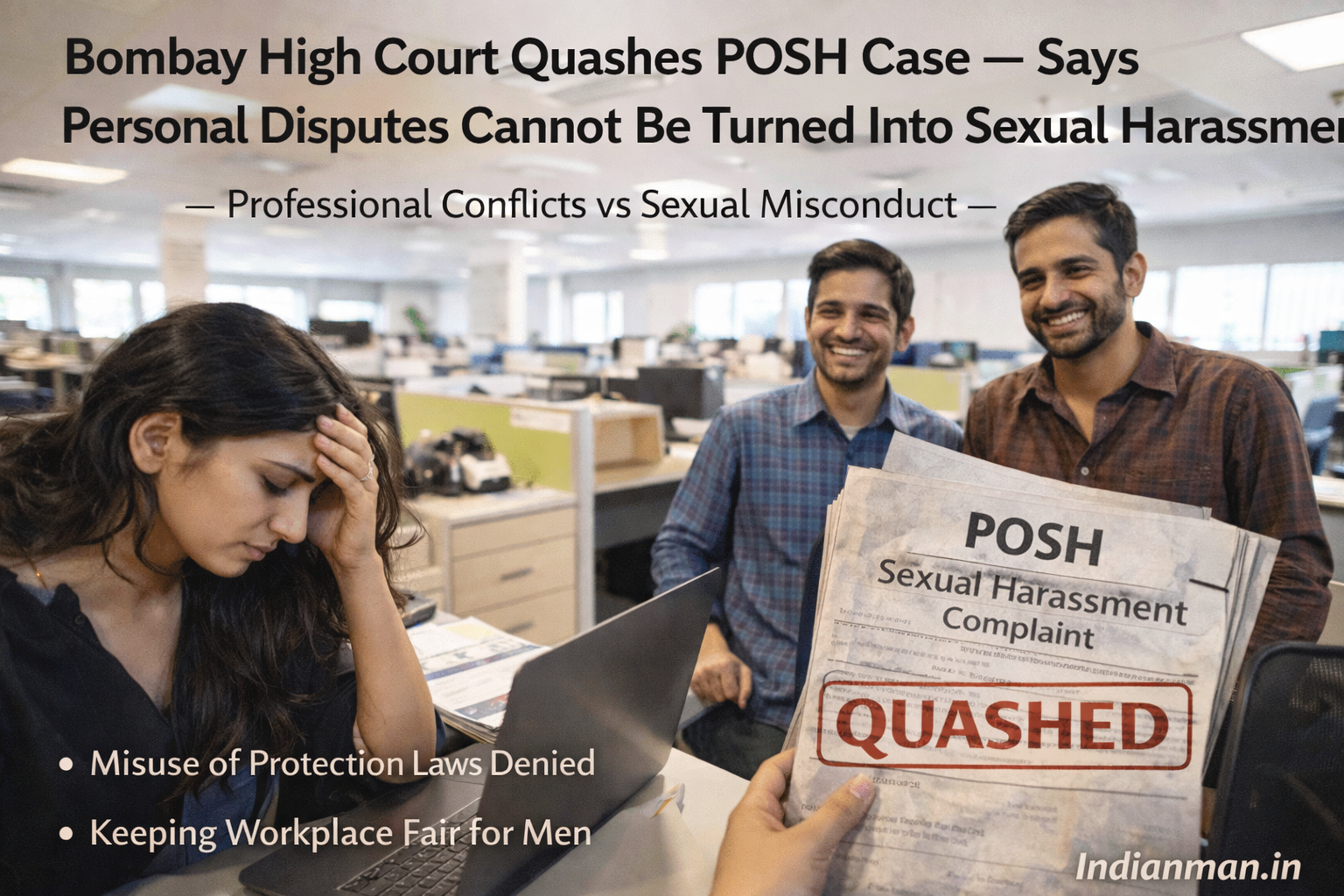Madras High Court Reduces Sentence of Two Women in Minor Girl’s Suicide Case, Highlights Role of Internalised Misogyny
The Madras High Court recently reduced the prison sentence of two women who were convicted of abetting the suicide of a 15-year-old girl. The court said their actions were influenced by internalised misogyny and deep-rooted patriarchal attitudes.
The case dates back to August 2011, when a 15-year-old girl was admitted to CMC Hospital in Coimbatore with severe burns. She later died from her injuries on September 2. In her statement, she said she was in love with her 19-year-old neighbor, Saddam Hussain, and their families had agreed to their marriage.
However, two of Hussain’s aunts opposed the marriage. They allegedly entered the girl’s home, verbally abused her with sexually offensive language, and even told her to commit suicide. Feeling humiliated and distressed, the girl ran inside, poured kerosene on herself, and set herself on fire.
The two women were charged under Section 305 of the Indian Penal Code for abetment of a minor’s suicide. A trial court sentenced them to three years in jail and a fine of ₹2,000 each. They later appealed to the High Court.
On July 2, Justice D Bharatha Chakravarthy noted that although the two women behaved inappropriately by blaming the girl instead of their own nephew, their actions were influenced by internalised misogyny.
“Even though they were part of the boy’s family, they blamed the girl. This behavior reflects a mindset shaped by a male-dominated society where women are conditioned to blame other women. While their actions were wrong and led to the girl’s death, their social background and psychological conditioning must be considered,” the court observed.
Taking these factors into account, the High Court upheld their conviction but reduced their sentence to the time already served — 90 and 83 days respectively.
The court also increased the fine from ₹2,000 to ₹20,000 each, citing their poor financial and social condition and noting that further imprisonment would not serve a strong deterrent purpose.
Justice Chakravarthy also pointed out that had the marriage between the girl and Hussain gone ahead, it would have been illegal as the girl was only 15 at the time. He noted that such a marriage could have been an offense under the POCSO Act, which was already in force in 2012.
The court concluded that while the women’s behavior contributed to the girl’s tragic death, their punishment should reflect their personal circumstances and the social reality in which they live.
Case Title: Kayar Nisha & Anr v. State
Be a part our social media community:
Facebook: https://www.facebook.com/IndianMan.in?mibextid=ZbWKwL
Instagram:
https://www.instagram.com/indianman.in?igsh=MWZ2N3N0ZmpwM3l3cw==




